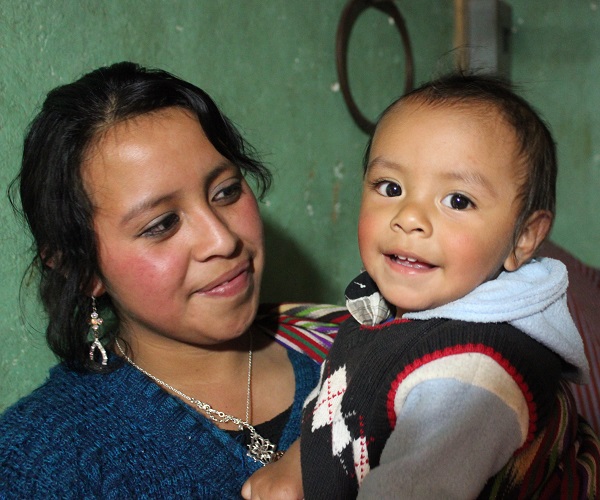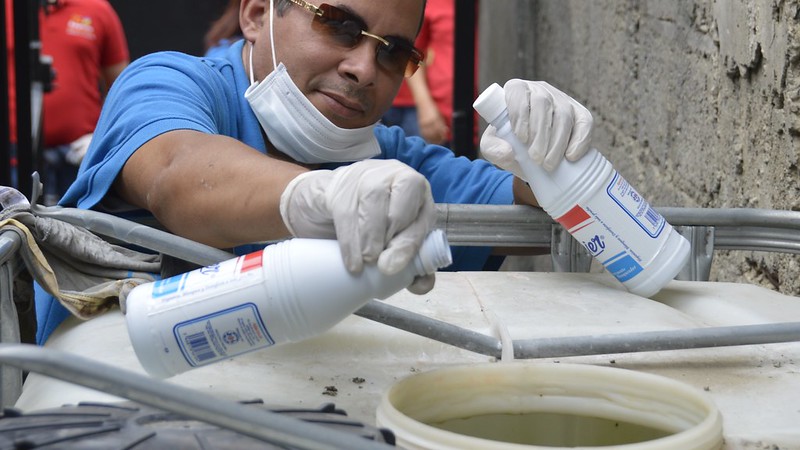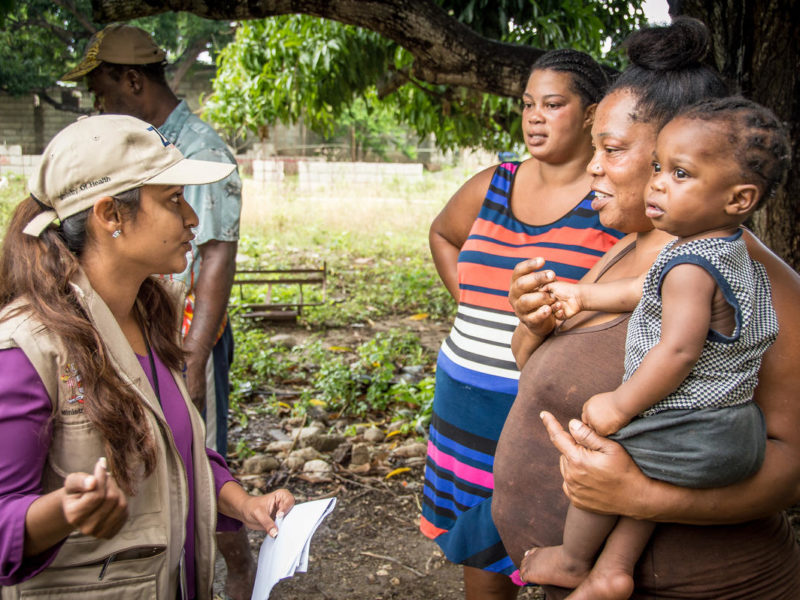This week, CCP’s Lisa Mwaikambo presents on the importance of knowledge management and SBCC in responding to the Zika crisis at the Global Disaster Relief Summit. The Summit is being held in Washington, DC on September 7-8. Mwaikambo is Director of Knowledge Management (KM) Integration for USAID’s K4Health project, which CCP leads.
CCP is engaged in a number of activities supporting the U.S. government’s response to Zika:
- USAID recently selected CCP as an award nominee for the highly competitive Combating Zika and Future Threats Grand Challenge. CCP’s winning proposal focuses on changing household and community habits around the proper and consistent cleaning of standing water.
- In April and May 2016, CCP’s Health Communication Capacity Collaborative (HC3) project mobilized a team of SBCC, vector control, Latin America, and family planning experts to conduct a social and behavior change communication (SBCC) landscape exercise for Zika in four Central American countries: Honduras, El Salvador, Dominican Republic and Guatemala. The resulting report provides a snapshot of the current Zika situation and local response, an important step to creating effective SBCC activities.
- HC3 and K4Health also launched the Zika Communication Network (ZCN) to meet the pressing demand for Zika response tools. ZCN supports communities currently affected – and those that will soon be affected – by connecting responders with state-of-the-art knowledge and tools they can readily use or adapt to their response plan.
- HC3 is continuing its work in the Zika response by developing a Strategic Communication Framework for Zika prevention and control and providing technical assistance to affected countries. The Framework will include key messages and behavioral actions by audiences affected by Zika as well as those who can influence the protective behaviors that can curb the spread and severity of Zika. Content from the Framework can be used by frontline responders and adapted to any country context.
- Finally, CCP is in early planning stages to disseminate Zika knowledge SMS surveys among at-risk pregnant women in the four Central American countries. Survey results will provide quick snapshots of the situation on the ground in comparison to HC3’s landscaping exercise conducted in April and May. The findings can help localize and tailor SBCC initiatives and deepen community engagement.
To learn more about CCP’s work or to speak with a CCP expert, please contact Anne Kott.




